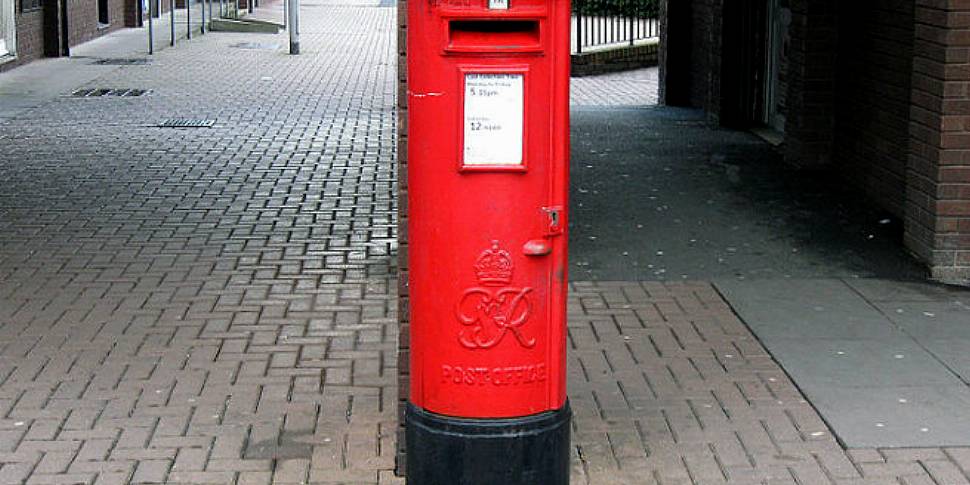Information relating to three judge-led inquiries in the UK, including two fatal police shootings, has gone missing in the post.
The UK Ministry of Justice (MoJ) has revealed that two discs containing documents about the Mark Duggan, Azelle Rodney and Robert Hamill inquiries have been lost since January.
Police officers involved in the inquiries have been warned their information could leak as a result of the loss.
The identity of the police marksman who killed Mr Duggan in Tottenham in 2011, sparking a series of riots, has never been made public.
A statement from the MoJ said: "Government officials became aware on 8 January that two discs containing documents relating to these inquiries were missing, having been dispatched by post.
"Immediate steps were taken, including intensive searches to locate the discs. These searches continue, with police assistance. The discs have not, as yet, been found."
"At this stage there is no evidence to indicate that the information loss arose from malicious intent. Nevertheless, it is essential to take the most precautionary view and to take all necessary steps to safeguard the interests of anyone whose information could be disclosed.
"Police and other agencies have undertaken their own risk assessment, and have identified and taken any steps necessary to ensure the protection of officers."
Lawyers are reviewing the missing documents to discover if they hold confidential or sensitive details.
The MoJ said it had also launched an investigation and that disciplinary action would be taken if appropriate.
Its statement added: "The Rodney, Hamill and Duggan families and the three judges who conducted the inquiries and inquest have been informed. So too has the Information Commissioner's Office."
Robert Hamill, a catholic, was beaten to death by a loyalist mob in Portadown in 1997. Claims that police failed to intervene in the attack are the subject of a public inquiry.
Azelle Rodney died in 2005 after the car he was in was stopped by armed officers in London. An official report found the police marksman who fired the fatal shot had no reason to believe Mr Rodney had picked up a weapon - so there was "no lawful justification" for killing him.









